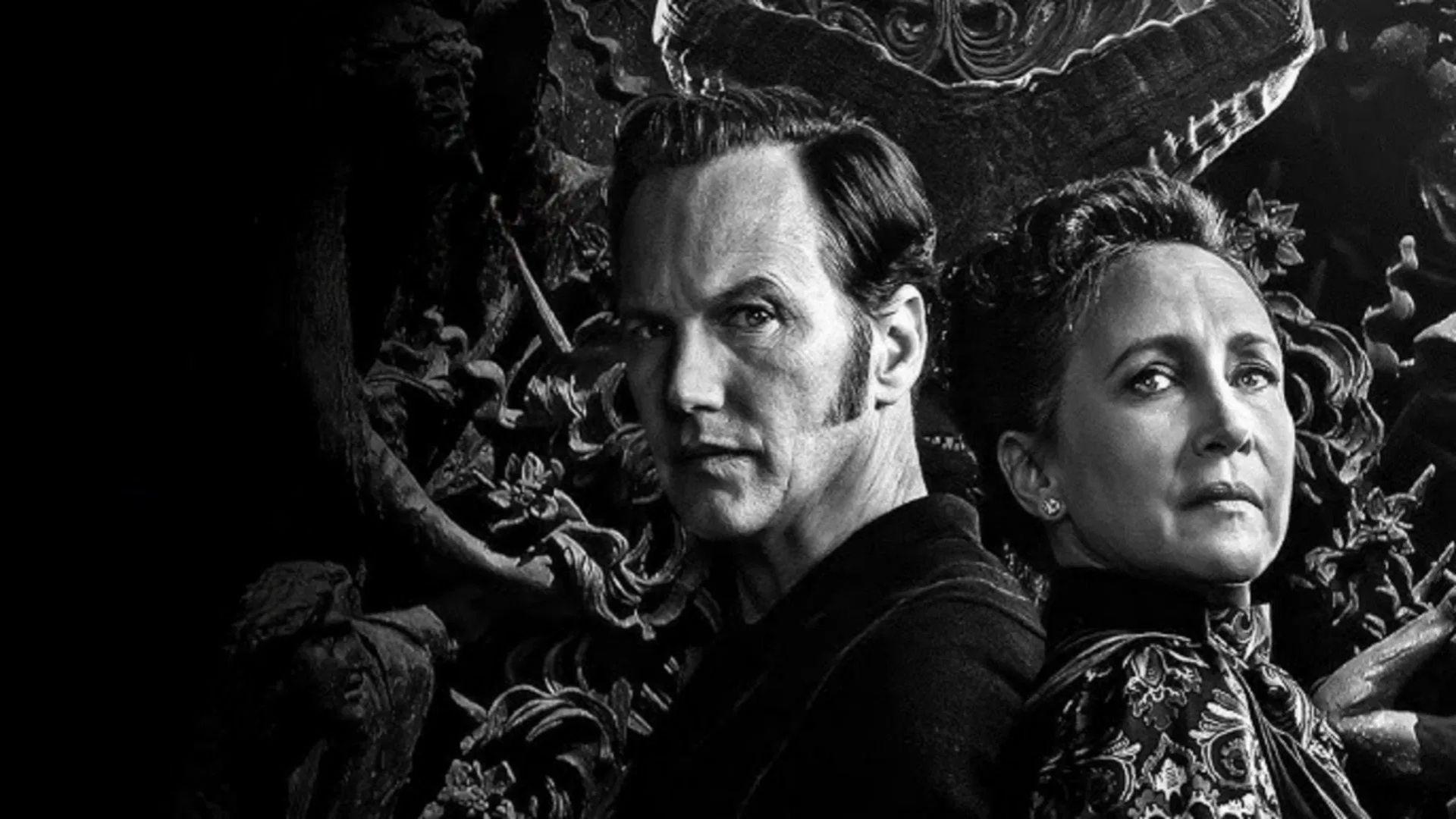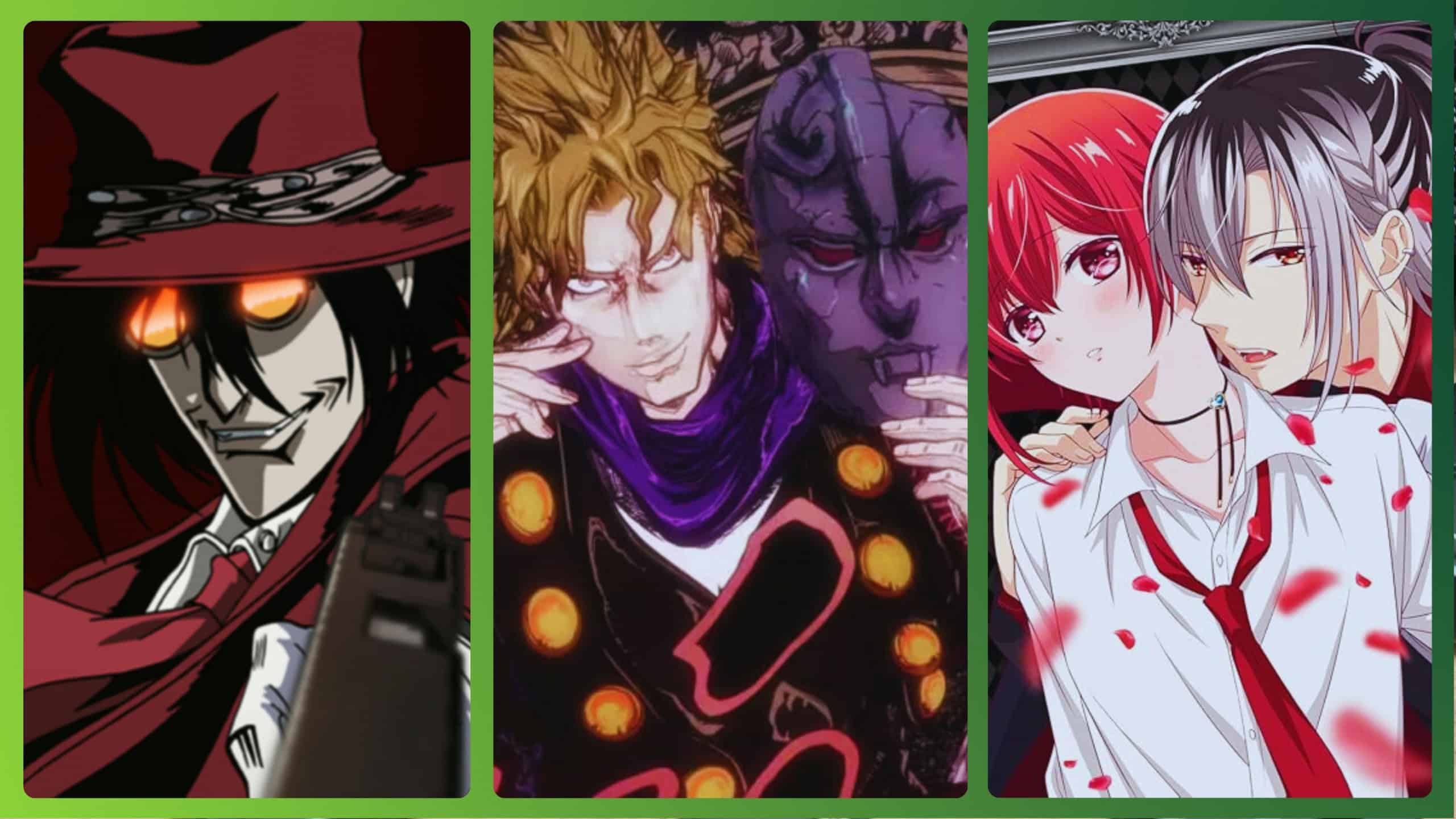Silvio Santos, one of the most iconic figures on Brazilian television, passed away this Saturday (17), at the age of 93. Hospitalized since the beginning of August at the Albert Einstein hospital, the presenter’s death was confirmed by SBT through social networks. Thus, marking the end of an era in Brazilian communication.
The trajectory of Mr. Abravanelknown as Silvio Santos, is full of historical milestones that transcend the universe of television. He started out as a street vendor who sold everything on the streets of Rio de Janeiro. But his charisma and communication skills led him to become one of the biggest media entrepreneurs in the country. More than that, Silvio built an empire that includes SBT, one of the biggest television stations in Brazil. In addition, he created other companies in various sectors.
History
Born on December 12, 1930, in Rio de Janeiro, Silvio Santos was the son of immigrant parents: his father, a Greek, and his mother, a Jewish woman, who came to Brazil in search of better opportunities. From a young age, Silvio demonstrated a natural talent for sales. As a boy, he used his breaks between classes to sell candy, thus beginning a career that would combine entrepreneurship and entertainment.
In 1945, at the age of 14, Silvio was impressed by a street vendor on Avenida Rio Branco who skillfully sold plastic wallets to keep voter registration cards. Inspired by this experience, he decided to pursue a career in commerce, selling various items on the streets of Rio de Janeiro, always with a unique approach that combined sales with a true show of communication.
Life as a street vendor was not easy, but Silvio Santos was never intimidated. He faced the challenges of the profession, such as repression by the authorities, with fearlessness and intelligence. In one of his many stories, he told his biographer Arlindo Silva that he managed to convince inspectors to the point that pedestrians asked for the return of their confiscated goods. However, a meeting with the director of inspection for the city of Rio de Janeiro would change the course of his life.
Communicator
The director, impressed by Silvio’s skills, gave him the card of a friend who worked at Rádio Guanabara and suggested that he try his luck as an announcer. Coincidentally, when he visited the radio station, Silvio came across a contest for announcers, in which he ended up taking first place, even beating big names like Chico Anysio. Even so, Silvio decided that he could earn more as a street vendor and returned to the streets after just one month as an announcer.
At the age of 18, Silvio had to complete his mandatory military service, which temporarily took him away from his business activities. During this period, he continued to be involved in radio, working on Sundays at Rádio Mauá, which kept him connected to the world of communication. After completing his military service, Silvio returned to radio and began exploring new opportunities, now with a more entrepreneurial outlook.
In the 1950s, Silvio worked at several radio stations, but it was when he invested in a loudspeaker system on a ferry that crossed Rio de Janeiro to Niterói that he really began to show his entrepreneurial potential. He transformed the ferry into a true entertainment center, with bingo and a bar, in addition to promoting contests that increased profits. This was the beginning of Silvio’s transition from street vendor to entrepreneur.
Trunk Man
In 1958, Silvio Santos became a partner of Manuel de Nobregyear Chest of Happinessa business that was on the verge of bankruptcy. With his ability to transform simple ideas into large enterprises, Silvio revitalized Baú and, three years later, bought Nóbrega’s stake, becoming the majority shareholder and beginning to shape what would become the Silvio Santos Group.
Silvio Santos’ next step would be even more ambitious: the creation of SBT, the broadcaster that would consolidate his presence on Brazilian television and make him a national icon. From there, Silvio not only built a media empire, but also became a beloved and admired figure for millions of Brazilians, with a legacy that goes far beyond the screen.
Summary for those in a hurry:
- Silvio Santos Died: He died at the age of 93, confirming the end of an era in Brazilian television.
- Humble Origin: He started out as a street vendor in Rio de Janeiro, demonstrating a talent for sales and communication from an early age.
- Career as a Speaker: After a brief stint on the radio, he decided to return to business, but fate would take him back to the media.
- Military Service: He completed his military service, but maintained his connection with radio, preparing himself for a future career in communications.
- Innovative Entrepreneurship: He invested in an entertainment system on a boat, marking the beginning of his transition into the business world.
- Chest of Happiness: He revitalized the Baú da Felicidade and started the formation of the Silvio Santos Group.
- Creation of SBT: He founded SBT, consolidating himself as one of the biggest media entrepreneurs in Brazil.
- Priceless Legacy: He became a beloved and admired figure, with a profound impact on Brazilian television.
Source: Atrevida
Earl Johnson is a music writer at Gossipify, known for his in-depth analysis and unique perspective on the industry. A graduate of USC with a degree in Music, he brings years of experience and passion to his writing. He covers the latest releases and trends, always on the lookout for the next big thing in music.









